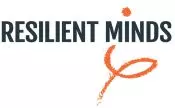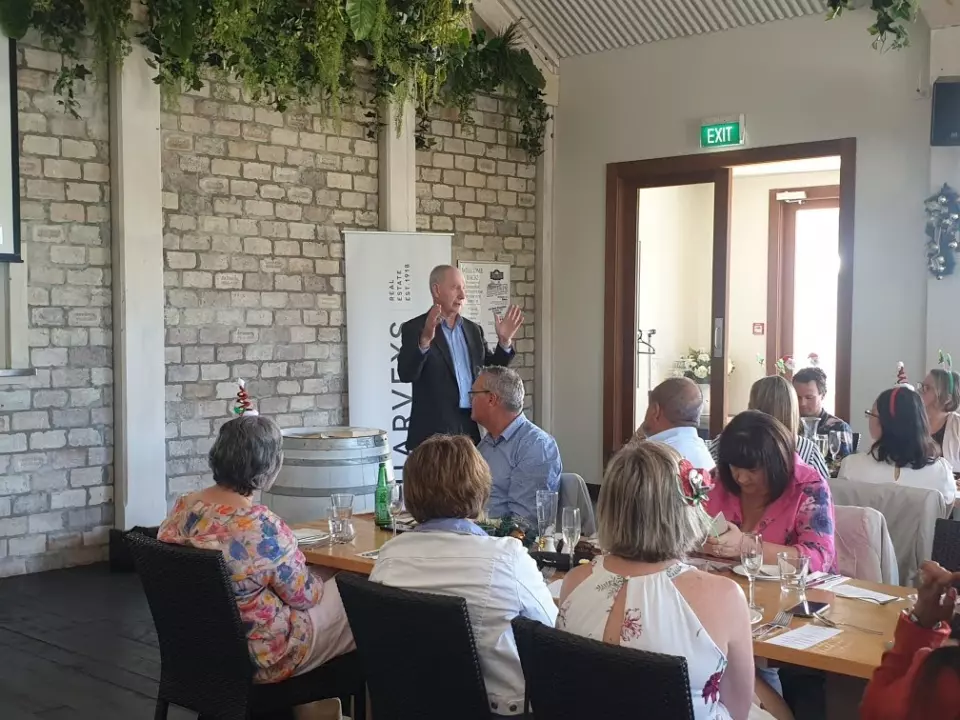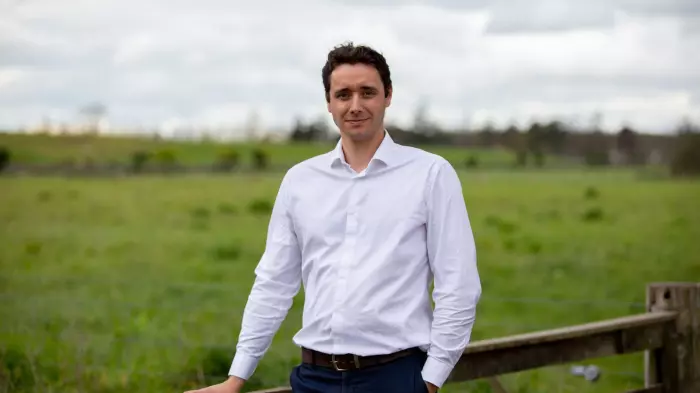Course aims to build employee resilience & business productivity.
The impact of mental fragility on New Zealand businesses is an issue of urgency, according to the facilitator of a science-based course aimed at helping employees learn how to handle adversity and setbacks.
Jamie Ford, Director of Resilient Minds, says the problem came under the microscope in the 2023 Mental State of the World report by US-based research organisation, Sapien Labs. It shows 30 per cent of Kiwis admit to being distressed or struggling – a figure putting New Zealand in 61st place out of 71 countries surveyed.
“This is a terrible statistic and is yet another study from the last 20 years which shows a lot of New Zealanders are not very resilient,” Ford says. “Mental fragility is an urgent issue because it negatively impacts business performance, drains resources and overwhelms mental health services.”
His course – Building Your Mental Strength and Resilience – is science-based and targets business leaders in the hope of encouraging them to register employees to attend. It will be held at Massey University’s Albany campus over two days, August 27 and 28 and is the first of a series Ford is planning at the university.
Ford, who has been working with Kiwi businesses, athletes and local and central government departments for about 20 years, says the course will stretch and challenge attendees. It is founded on pioneering research conducted by Dr Martin Seligman, an American psychologist and educator who is Director at the Positive Psychology Centre of the University of Pennsylvania.
Everyone who attends will receive a personal resilience report from a diagnostic designed and proven by Seligman, providing remarkable insights on how the skills learnt will increase mental strength and resilience.
“I’m not there as a therapist and if people think they have to come back again, I will have failed,” says Ford. “What we are doing is rather like taking a machete to carve out new mental pathways, create mindset shifts and empower participants with high levels of mental strength and resilience.
“We are about building a big strong fence at the top of the cliff rather than providing another expensive ambulance at the bottom – so it is a chance to fundamentally change how participants approach challenges, boost their mental fortitude and overall performance.
“Ultimately this will improve the course of their lives, help protect them from depression and anxiety, empower them with the skills to move swiftly on not only from adversities and setbacks, but to gain more drive, energy and motivation from their wins and achievements. I liken it to a strong psychological barrier against depression.”
Ford believes one of the reasons for the lack of resilience among such a high percentage of Kiwis dates back to the first settlers arriving from Britain who came here for a better life.
“They wanted to say goodbye to the uncertainty of life at the hands of squires and landowners but, when they got here, their dreams were dashed, hopes evaporated, uncertainty increased and they had to settle for a hard life.
“This caused negative thinking and has been accidentally passed on from generation to generation. We now find ourselves with a less than resilient mindset that has been normalised – and we do not notice it – and an examination of the diaries and letters of our forebears, along with the content of today’s social media, might well substantiate this.”
He says this “accidentally learned tendency” causes people to take criticism and adverse comments personally and to heart. But, he believes, the science is “very clear that generally these kinds of situations are more to do with something going on in the other person’s life than to do with me”.
Ford says some of New Zealand’s mentally toughest are sportspeople – their mindsets regard the reasons for adversity as being of a short duration and limited in scope. Conversely, they see the reasons for success as long term in duration and strongly connected to their own actions and capability.
“I would say Australians are much better at this skill than we are. Kiwis tend to be overly pessimistic. We think of optimism as being cheerful and smiling. But it’s more than that – it’s a thinking habit. We create our own emotions from those habits; it is completely wrong to blame someone else for how you feel, despite what they may say and do.”
Ford says the long-lasting benefits employees gain from the course can help elevate their performance at work. “They learn to handle pressure without crumbling or becoming incapacitated due to stress. This can save businesses time and money – and increase productivity.”
John O’Sullivan, Managing Director of Hastings-based wood processing company Tumu Group, says in the last decade over 80 of its leaders and team have benefitted from Ford’s teaching: “The feedback has been overwhelmingly positive with many (as a result) being better equipped to overcome obstacles. In today’s ever-changing world with its challenges and uncertainties, the significance of mental fortitude and wellbeing cannot be overstated,” O’Sullivan says.
Another company operating as a wholesale supplier to the dental industry, says within two years of working with Ford’s programme, productivity increases of 30 to 40 per cent were achieved in its sales team.
For more information go to: events.humanitix.com/building-your-mental-strength-and-resilience or resilientminds.co.nz






